POLIS BLOG
A Heart-Centered Approach to Politics
“This is the era of using your privilege to help others participate. You still have a role in that you are just not the only dominant voice you used to be.”
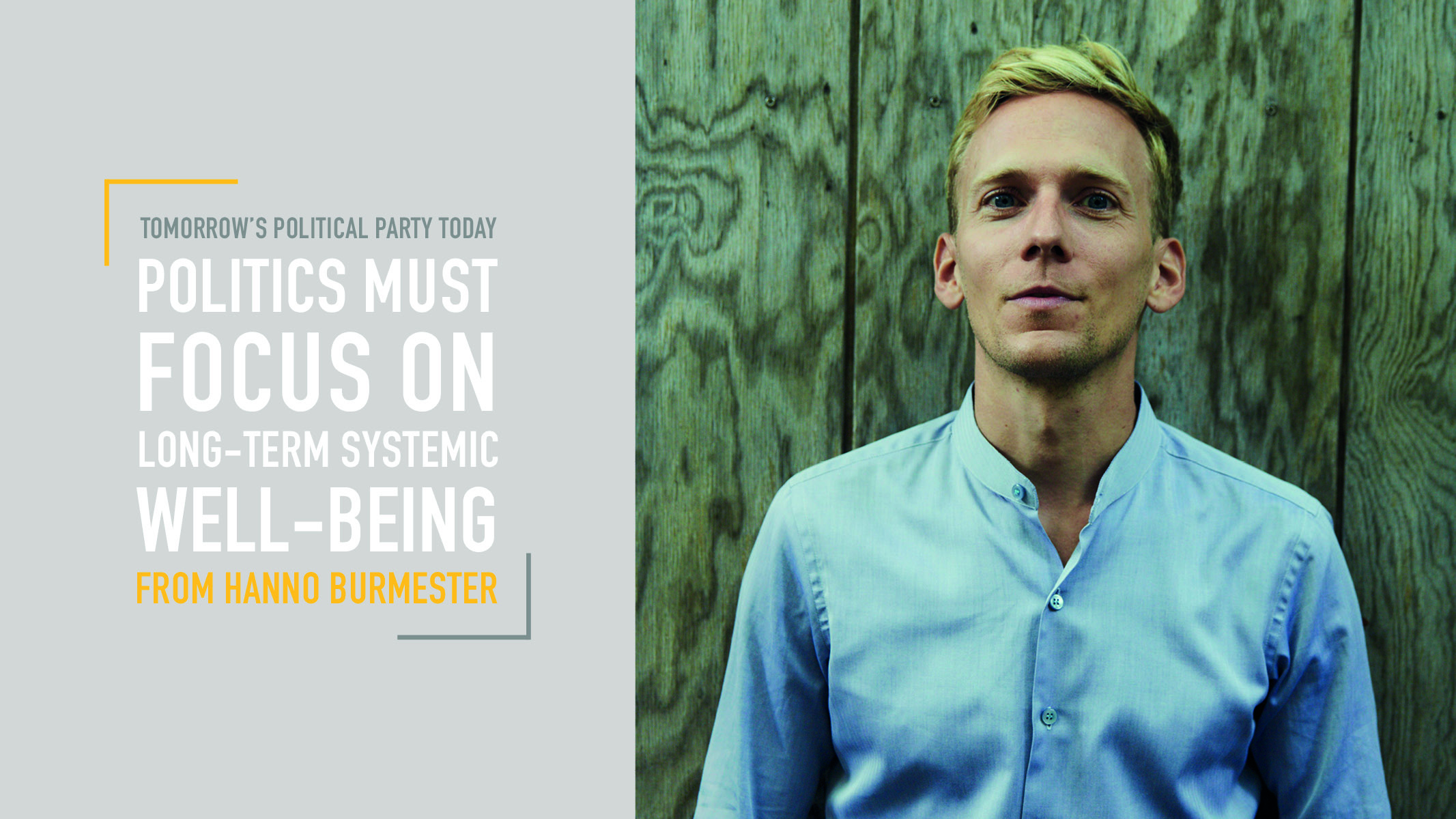
Politics must focus on long-term systemic well-being
The transformative party honours the worth of incremental policy-making, but always prioritises a transformative political approach.
Politicians have to step outside their comfort zone
Rikard Nordin is a Member of the Swedish Parliament and started to discuss politics live while playing esports. He regularly reaches out to a crowd of thousands, allowing citizens to directly approach a parliamentarian.

Don’t fear making big changes in your organisation
You can prepare all the documents and design all the strategies you need in your organisation. You can tell people that there will be a change, no matter what that includes. But in the end,

Uffe Elbæk: “We need vibrant and highly diverse and talented open political tribes”
Uffe Elbæk is former Minister of Culture and the party leader of The Alternative in Denmark, currently MP for the Independent Greens, where he is the spokesperson for culture and art, education and science, business and entrepreneurship, and foreign affairs.

Political Intrapreneurship: Stage 2 – Envisioning the future party
Many political intrapreneurs move between input and output in an almost dialectic way – to develop their own thinking, they spar with trusted advisers, and write in various formats: tweets, blogs, op-eds, and often also books.
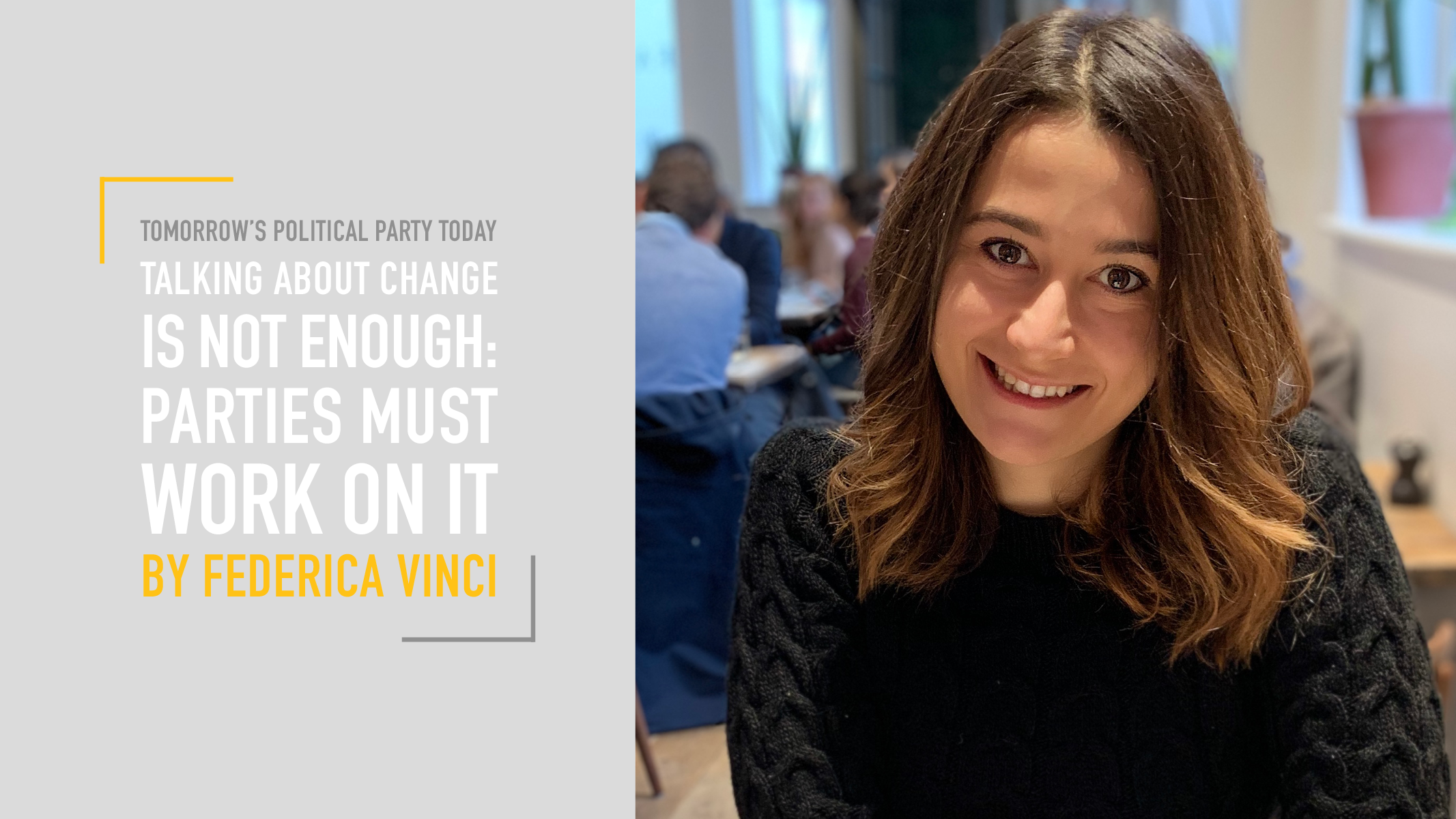
Talking about change is not enough: parties must work on it
“Brexit changed my life. That night made me realise that I was living a European dream that not only was not shared by the majority of the people, but that these same people had been impacted by the narrative of populist political parties that pictured it as a nightmare to escape from.”
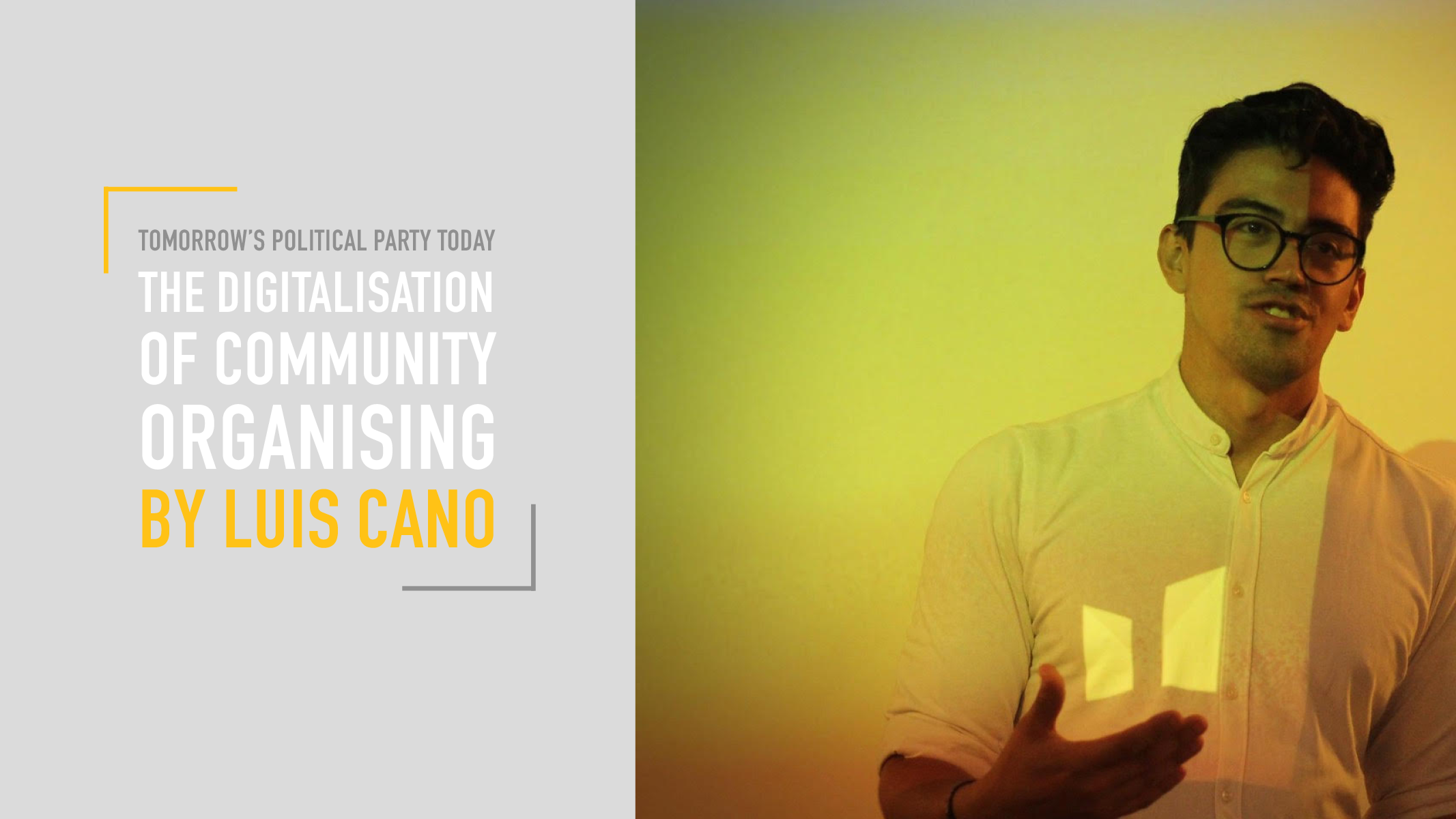
The digitalisation of community organising
During the last fifteen years, we have seen the emergence of new political movements globally with a community organising approach towards political engagement. Before that, we saw political parties trying to use mobilisation as their
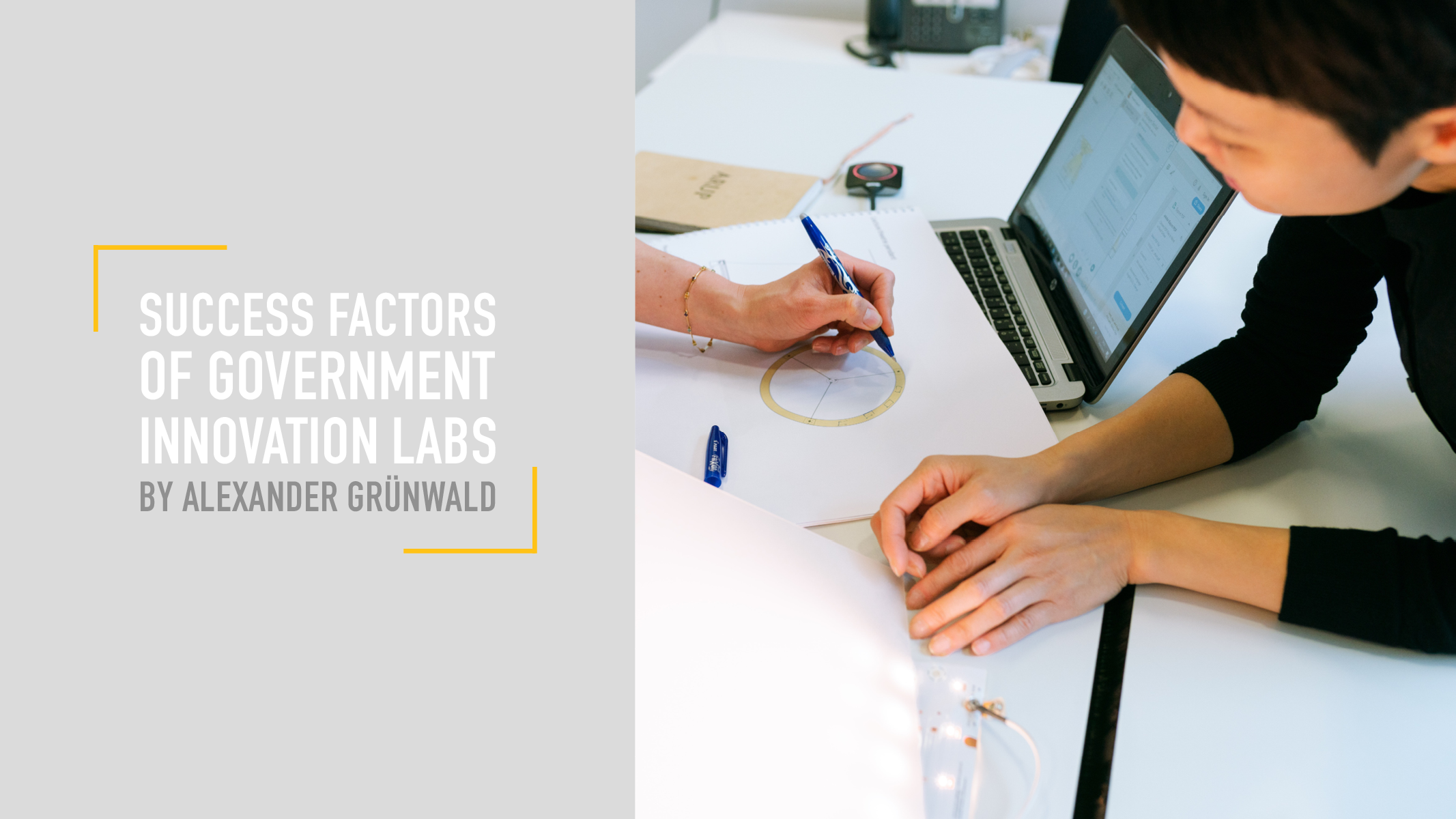
Success factors of Government Innovation Labs
Alexander Grünwald from GovLabAustria provides his reflections on the three success factors outlined above and how they are incorporated in the work of GovLabAustria.
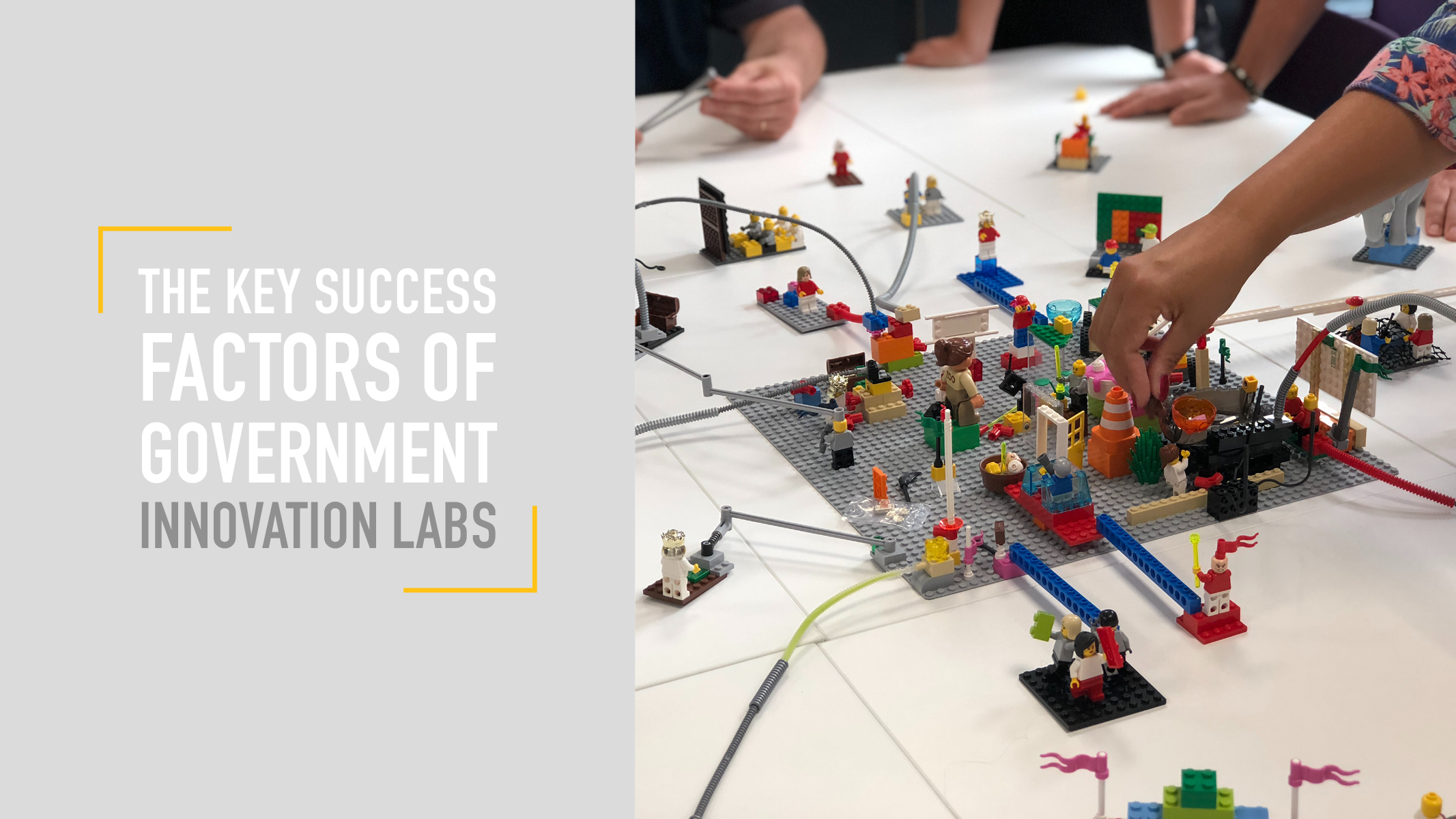
The key success factors of Government Innovation Labs
Government Innovation Labs (GIL) use creativity as well as systematic innovation processes and projects to find solutions to problems citizens and public administration face.

Political Intrapreneurship: Stage 1 – Understanding the party as a system
If Political Entrepreneurs do not fully understand critical aspects of the political system they want to disrupt, they will fail. And by understanding I mean a deep intellectual and emotional appreciation; an intimacy that is comparable to love – even though sometimes mixed with hate for some aspects of it.

Political Intrapreneurship: An Introduction
Political parties are the most complex social organisations on earth. They are among the most long-lived, and among the most structurally conservative. All those attributes are the reason why political parties are incredibly hard to innovate.
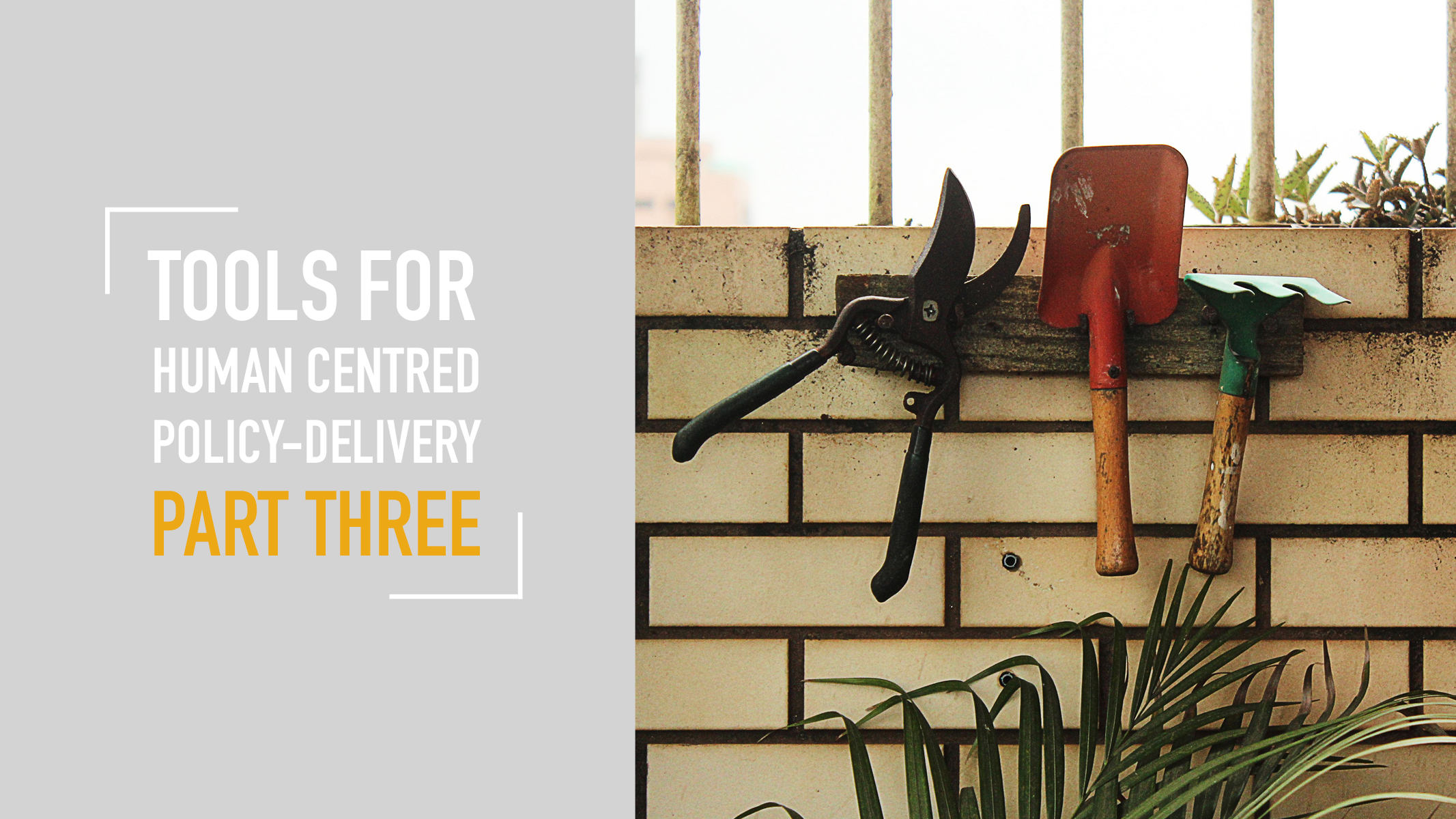
Tools for implementing and evaluating human-centred policies
This blog focuses on tools that help policy-makers to implement and evaluate a newly designed policy.
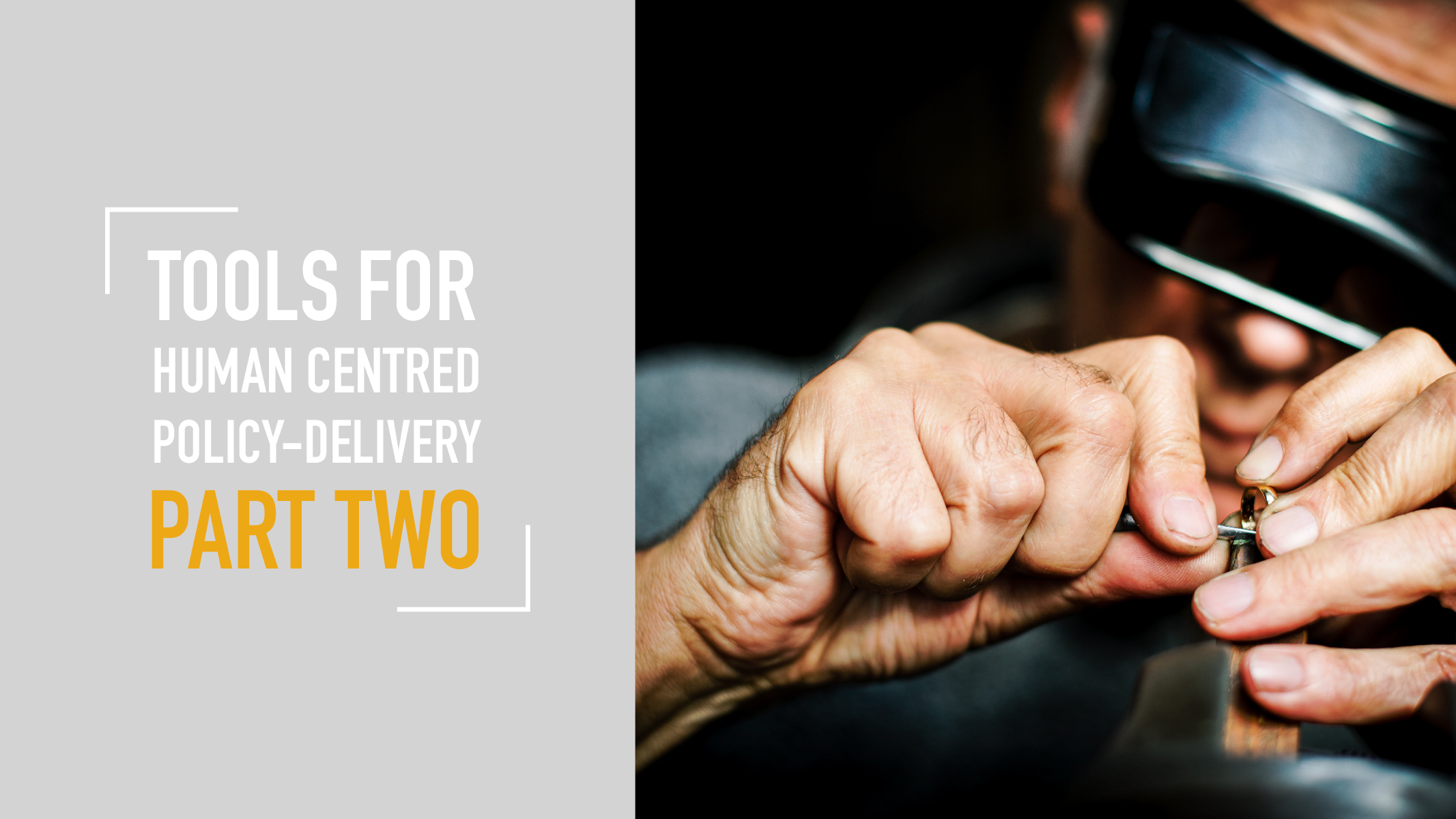
Tools for designing and testing policies human-centered policy delivery
In our last Blog, we introduced you to a selection of tools and methods to identify the needs of users/citizens in a human-centered policy-making process. This blog will focus on approaches that will help policy-makers
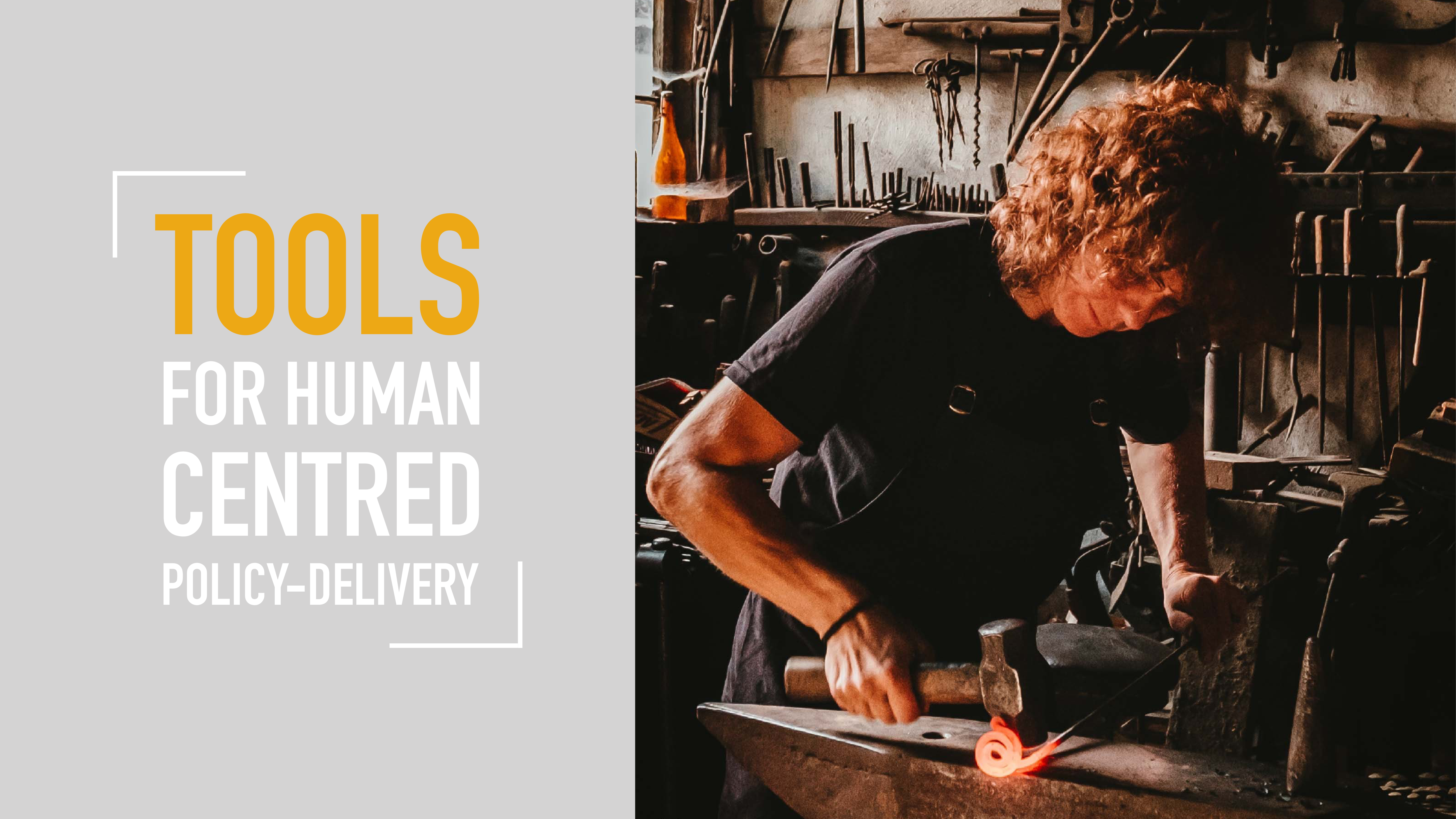
Tools for defining problems and identifying needs in human-centered policy delivery
In this blog we will introduce you to three methods that can be applied in the first three steps of the human-centred policy-delivery process we developed. Also, we will introduce you to real-life examples in which these selected tools were already applied in the public sector.

A coherent approach towards human-centred policy delivery
In this blog, we will provide you with a coherent process on how to systematically integrate citizens in policy-making and -delivery.
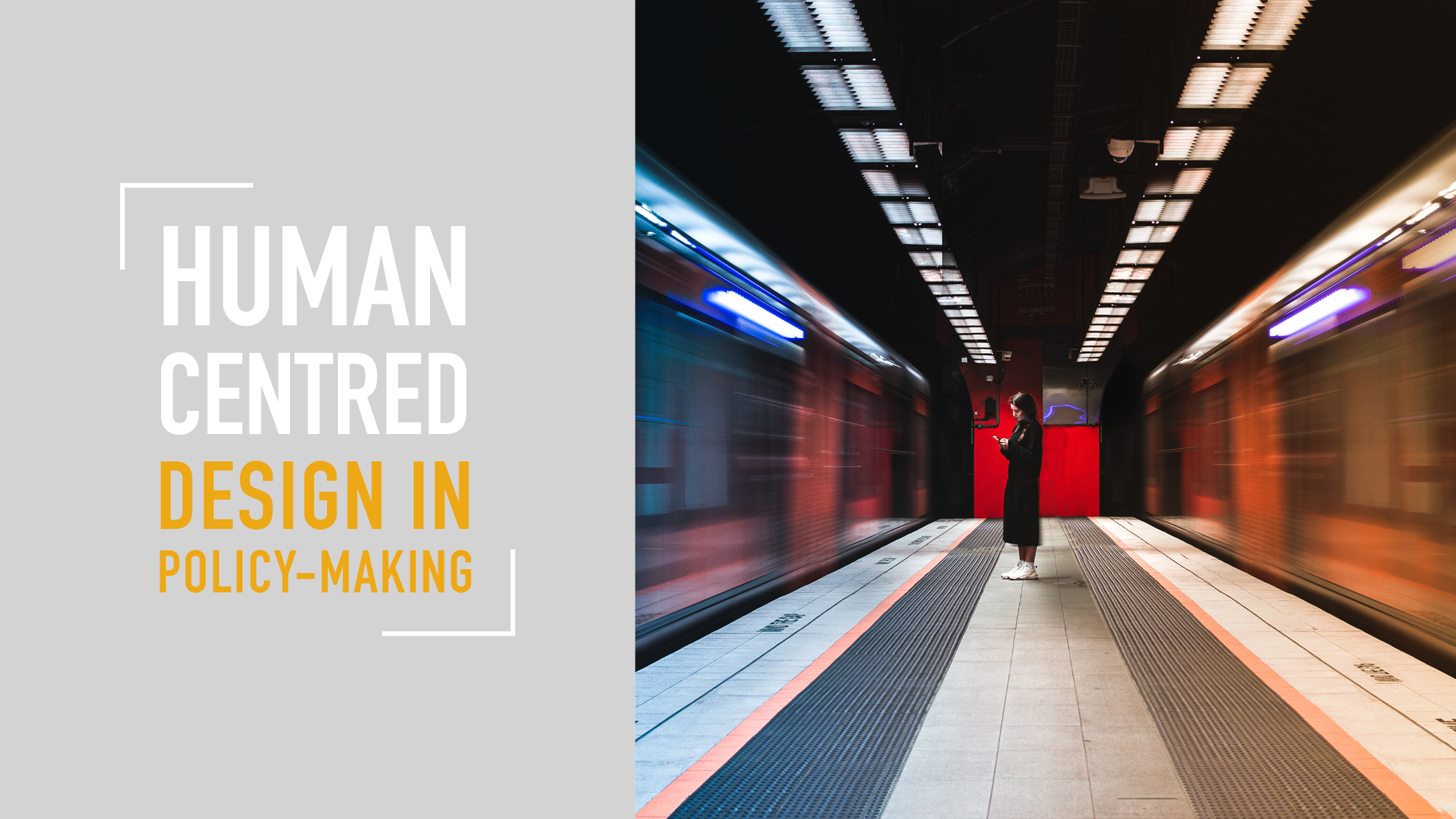
Human-centred design in policy-making
In one of our last blogs we argued that the political organisation of the future will provide citizens and stakeholders with opportunities to develop their offers (e.g. policies) in close collaboration with them. From the

Four elements of the political party of the future we already see today
This is the third and last part of a blog series on the political organisation of the future. In the last blog we outlined a framework on the political organisation of the future. We argued

The political organisation of the future
In the second part of “The Political Organisation of the Future” we will shed light on the organisational aspects impacted by the trends desc.

The 3 trends shaping the political organisation of the future
This is the first part of a blog series on the political organisation of the future. 2020 was exceptional in many respects: a global pandemic, economic downturn, and new anti-democratic movements entering the stage. But